I was a very late reader. Not least because, with a poor household with few books, both parents working full time and a sister 9 years older who could do everything for me as I attended a tiny village school of 15 with a series of supply teachers, no-one realised I couldn’t see well. It wasn’t until I was 8 and got glasses that I realised those indistinct marks on paper had shape and meaning. So, given that I ended up teaching English and becoming an educational consultant, I realise that it is possible to progress – but maybe not quite as far as my guest on Linda’s Book Bag today…
Not only does Vybarr Cregan-Reid have a book I’m desperate to read – We Are What We Read: A Life Within and Without Books – but his own personal story is fascinating. I’m thrilled he’s agreed to tell us a little bit about it in a wonderful guest post today.
Before that, let me give you a few details about We Are What We Read: A Life Within and Without Books
We Are What We Read: A Life Within and Without Books was published by Biteback on 11th July 2024 and is available for purchase directly from the publisher or on Amazon.
We Are What We Read
Vybarr Cregan-Reid is an unlikely academic. Someone who knows what it’s like to be written off, who left school with no qualifications, who desperately needed a second chance. He also understands better than anyone the power of literature to change a life.
From a turbulent start, through a disastrous education, truancy and petty crime, to a distinguished career as an English professor, We Are What We Read weaves Vybarr’s own unexpected life in books with a spirited history of the war on the humanities, uncovering the profound impact that books have in shaping our reality at a time when their value is under attack from governments around the world.
Part memoir, part manifesto, part history, We Are What We Read is not just about how education can place you back on the right side of the tracks. It is also a rallying cry for the importance of literature in a world where the arts are being squeezed out at every level and where book bans in schools and libraries have surged to record highs. It’s about the joys and the transformational power of reading and how our brains are rewired by books, exploring how literature offers a vital means of connection in a fractured world. Reading is not merely an escape – it’s an essential part of who we are.
A ‘First’ Reading Experience
A Guest Post by Vybarr Cregan-Reid
I don’t have a traditional background for an English professor. I don’t have a GCSE in English. In fact, I don’t have any GCSEs at all.
As a teenager I was a write-off. My dad had been in and out of prison and had left in his wake a trail of violence and chaos. I was also a gay kid, and the 80s weren’t an OK time to be a gay, northern, Irish-Catholic kid. Homophobia was rampant and such an allowable discourse that it would feature in tabloids and broadsheets, alike. You could be at a party playing Pass the Parcel and unfurl a headline like: ‘I’d Shoot My Son if he has AIDS, Says Vicar’, or ‘Burning is too good for them’. The burden was too much. I stopped going to school and got into trouble.
After school, I tumbled into the kinds of jobs people with no qualifications do: pubs, burger joints, cinemas.
At the age of twenty, my father’s death prised me out of the closet, and I moved on to a new life, with a new boyfriend, in a new city. After a few weeks there, one of his friends came to visit with a pair of books as housewarming gifts. I’ve written about this in a great deal more detail in We Are What We Read: a life within and without books. One was a slightly dull-looking biography, the other was The Innocent by Ian McEwan – a book I’d seen advertised in bus shelters. I later discovered I’d hit the jackpot with the friend. She was a ‘temp’ and had stumbled into working for Tom Maschler. Maschler was a renowned publisher who, amongst other things, invented the Booker Prize.
Without many friends or steady work, I had a lot of time to fill, so a couple of weeks later, out desperation, I picked up the McEwan and began, for the first time, to read. It was a bit boring at first, but as I proceeded through the novel, that changed. The final effect wasn’t so much impressive as concussive. It was if all of the bandwidth, of quelling and processing the trauma of a difficult childhood, of trying to be straight, to come to terms with a life dictated by a lack of options; it was as if all that was suddenly freed. Being yourself requires a lot less effort than trying to be someone and something else. On finishing that book (so electrifying was the experience I dropped it in shock at one point), I knew in an instant my life had changed.
From that day forwards, I never stopped reading. I read on my walk to work, weaving in and out of pedestrians, dodging manholes (I still do this). I’d read on the bus, on my tea breaks.
I sought help from a local bookshop, and they guided me through Hanif Kureshi, Iris Murdoch, or Jenny Diski. At work, I tucked Henry James, Vikram Seth, or A. S. Byatt under the counter so I could take them out between selling bus tickets to customers. (I’d even slide an Evelyn Waugh down the back of my trousers and slope off to the loo to read for a few minutes when it was quiet.) Then I’d read on the walk home, and when I got home, would read some more.
I had spent decades locked in my own head, and now suddenly, the world opened up to me. Instead of being huddled into myself, confronting hourly my worries about the future, reading allowed me to sample the lives and concerns of hundreds of others. Fiction has taught me more about the world than anything else in my life.
I was quickly reading hundreds of books a year, and a couple of years later I decided to try a little studying in my spare time, step by cautious step. After really struggling at school, it’s not that I found it easy, but I took to it. Later, I snuck into university and once there, I never left: BA, MA, then a DPhil. I’ve now been a Professor of English for five years.
I was motivated to write We Are What We Read because I felt keenly that the opportunities to change that were open to me, to return to education and to completely change my life, those opportunities are not there for young people now. Without education, I don’t know where I’d be today. I love education and the fact that it has permitted me the opportunity to help so many others find their way in the world. But I love books more. I owe them everything. They completely changed my life.
Reading has taught me that one of the miraculous things about the world is that there isn’t just one path, there are as many different ways through it as there are pages on the shelf of a library.
****
Thank you so much Vybarr, for a wonderful guest post. I couldn’t agree more about the value of education, certainly, but even more about the power of books. I can’t wait to read We Are What We Read: A Life Within and Without Books.
About Vybarr Cregan-Reid
Vybarr Cregan-Reid is an author, award-winning teacher, academic and sometimes broadcaster. He has taught at several universities and medical schools. He is currently Professor of Creative Non-Fiction at York St John University, where he runs Creative Writing, Media and Film. He has written widely about literature, nature and the environment for the BBC, The Guardian, The Independent, the Big Issue, the Daily Telegraph, the Daily Mail, the Washington Post, Literary Review and many others. He has made a number of programmes across the BBC radio network and has appeared on the BBC, ITV, Sky News and numerous outlets across the world.
For further information, visit Vybarr’s website, or follow him on Twitter/X @vybarr and Instagram.





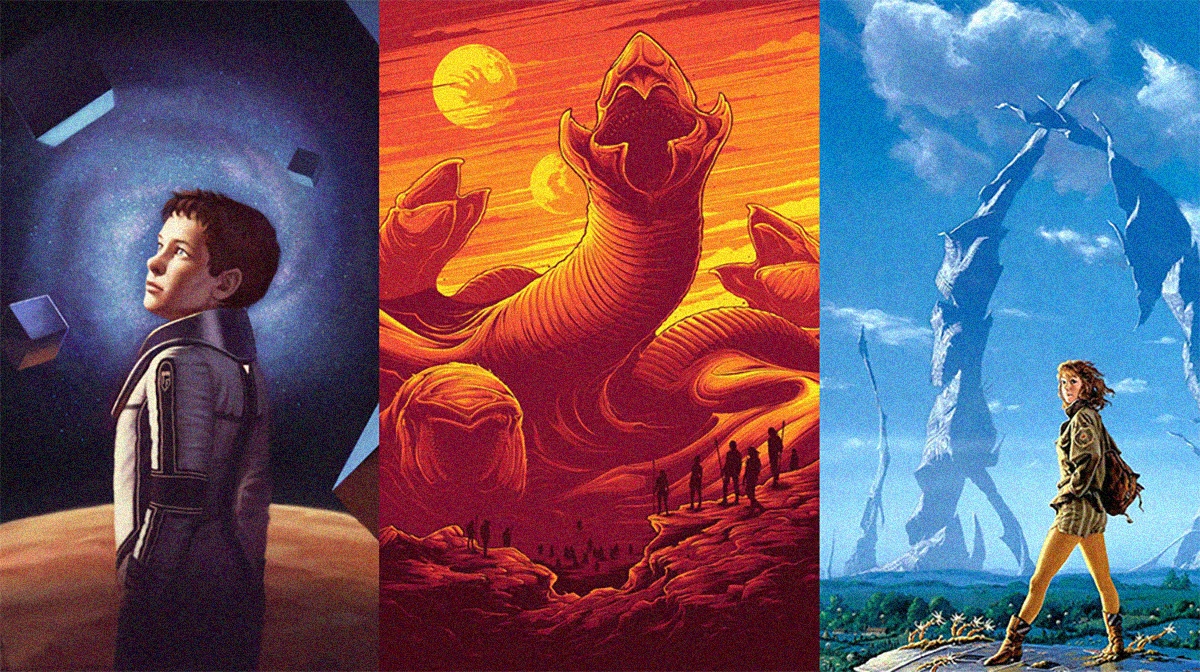


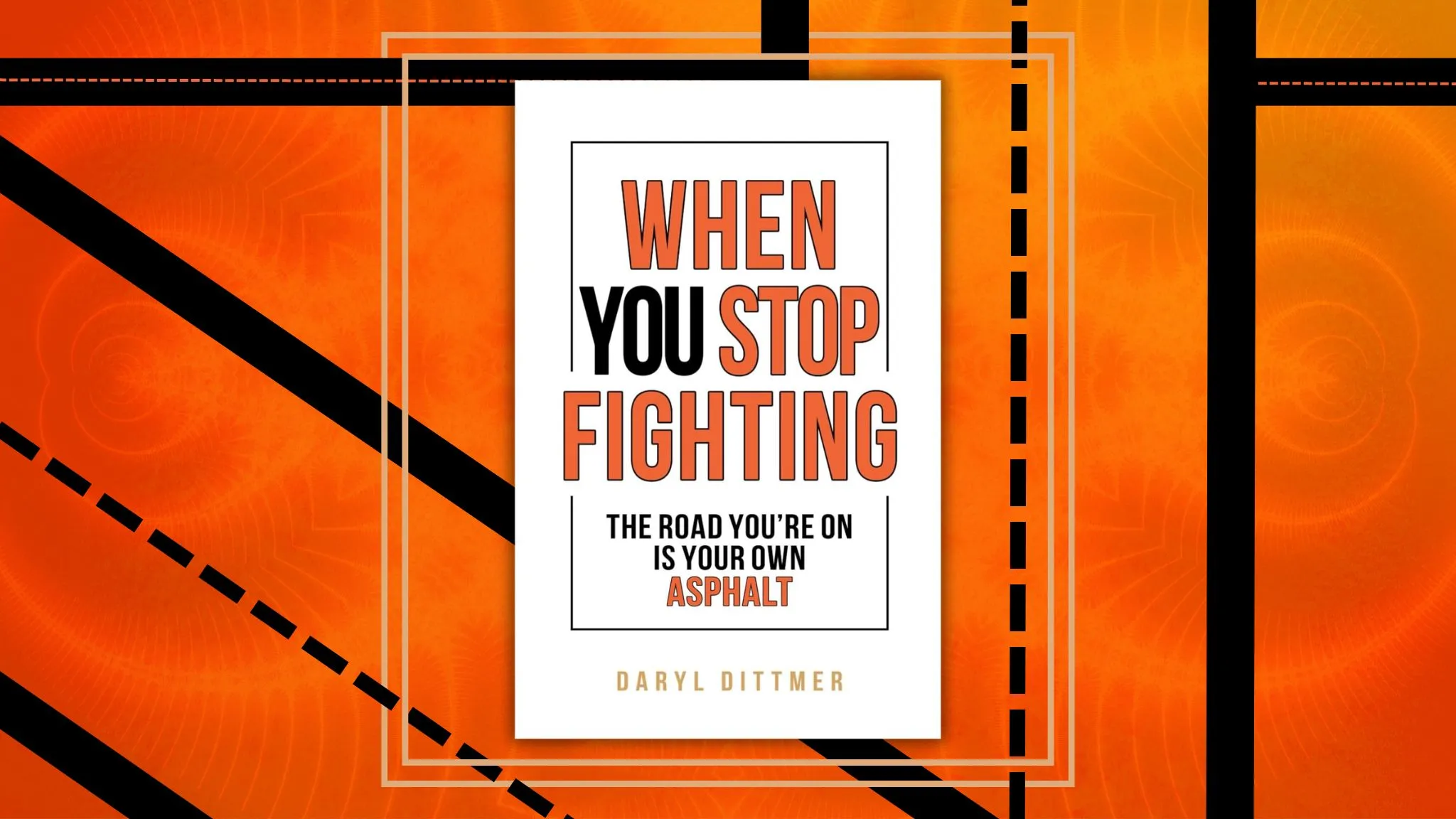
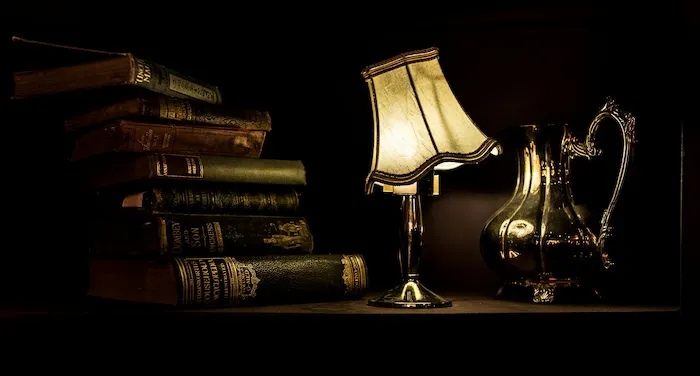
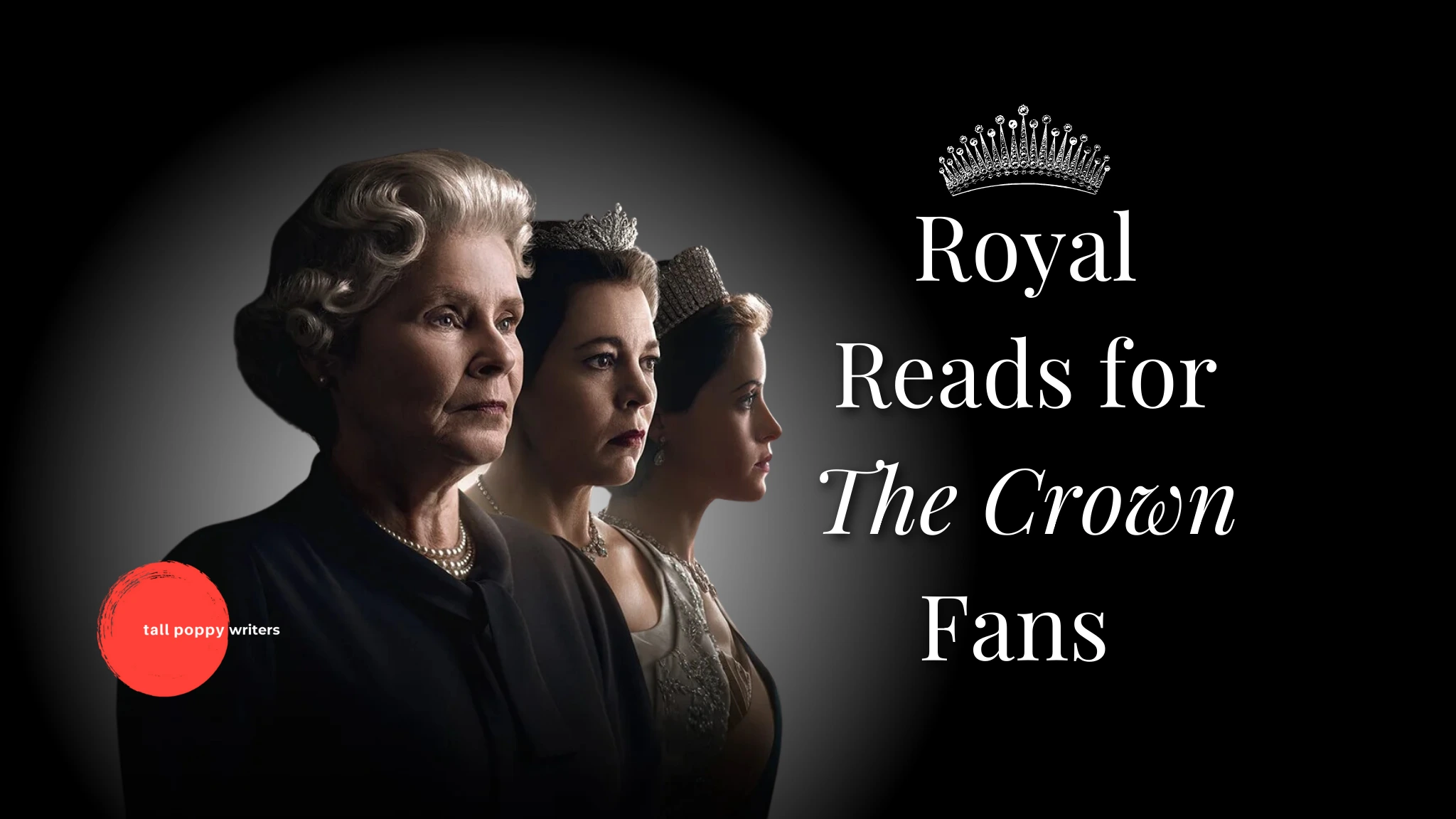
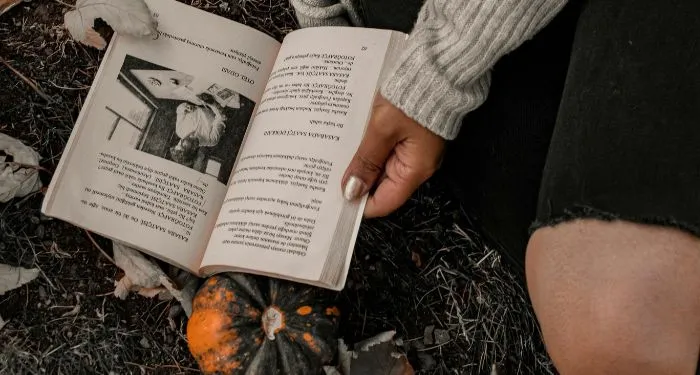
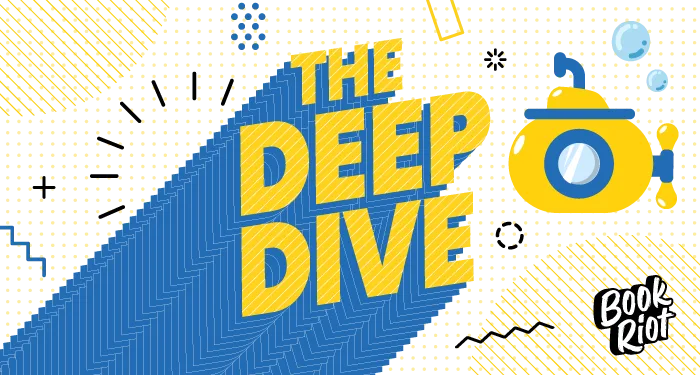

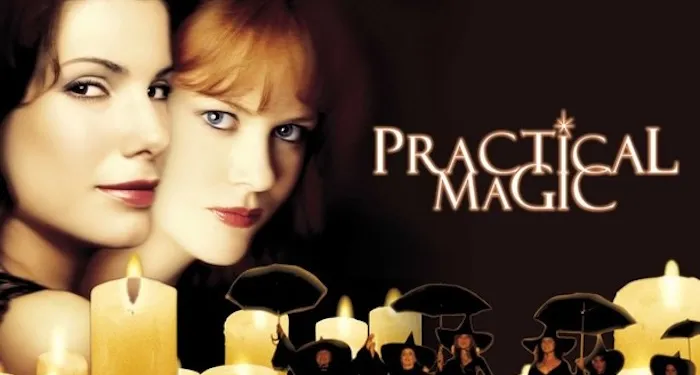
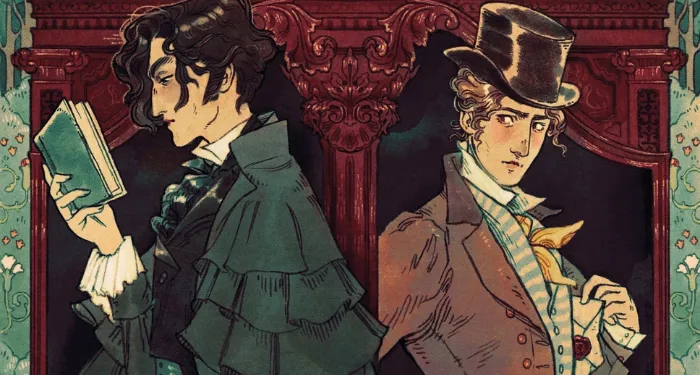



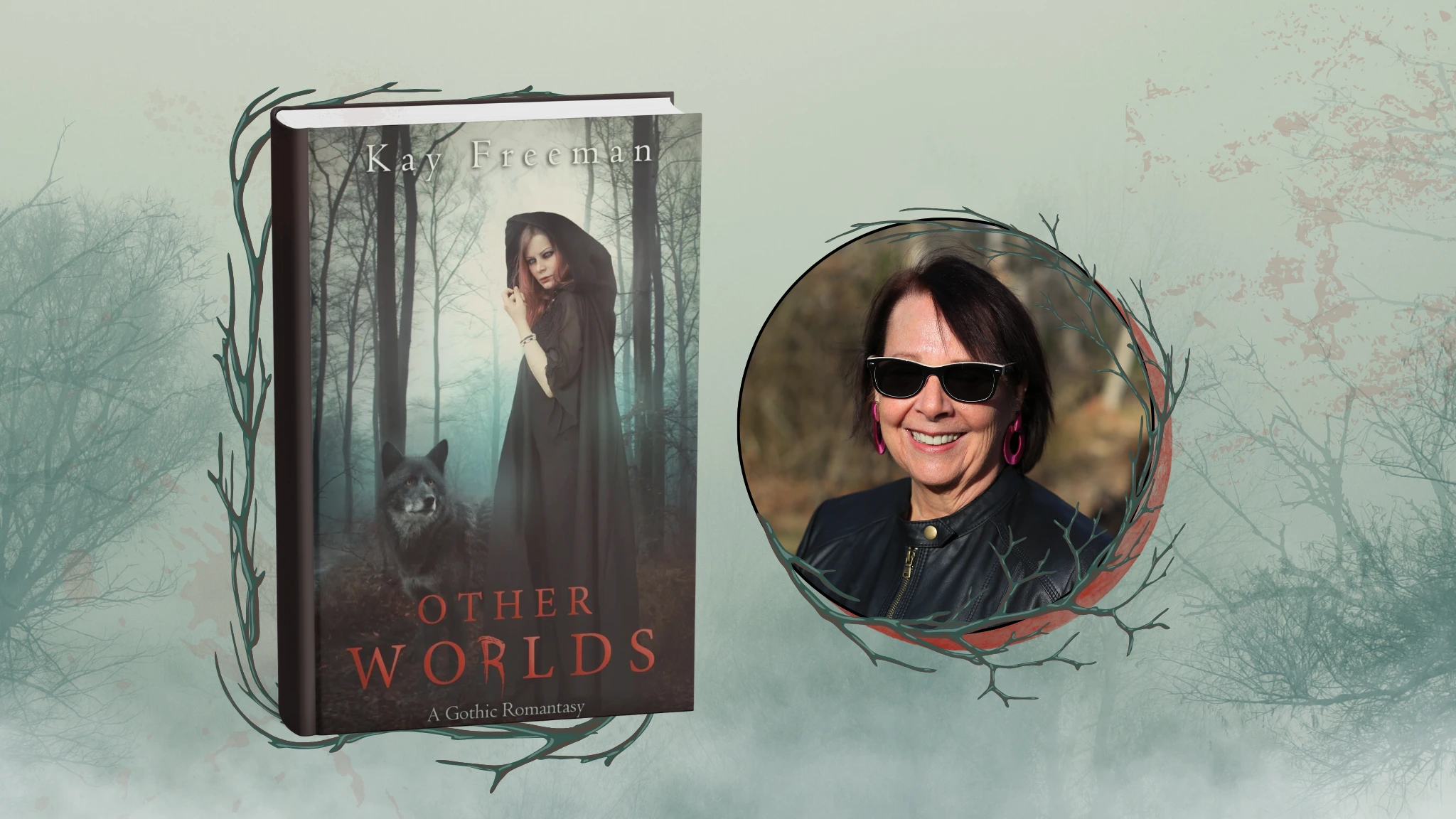


 English (US) ·
English (US) ·